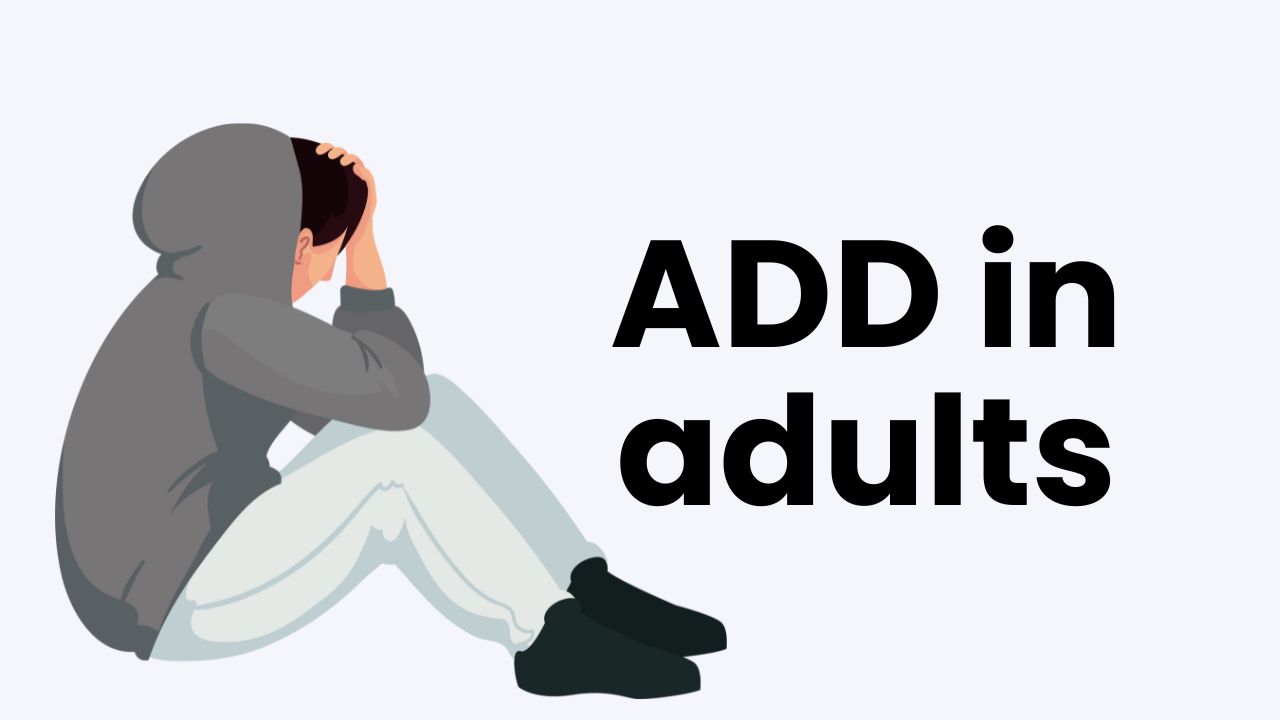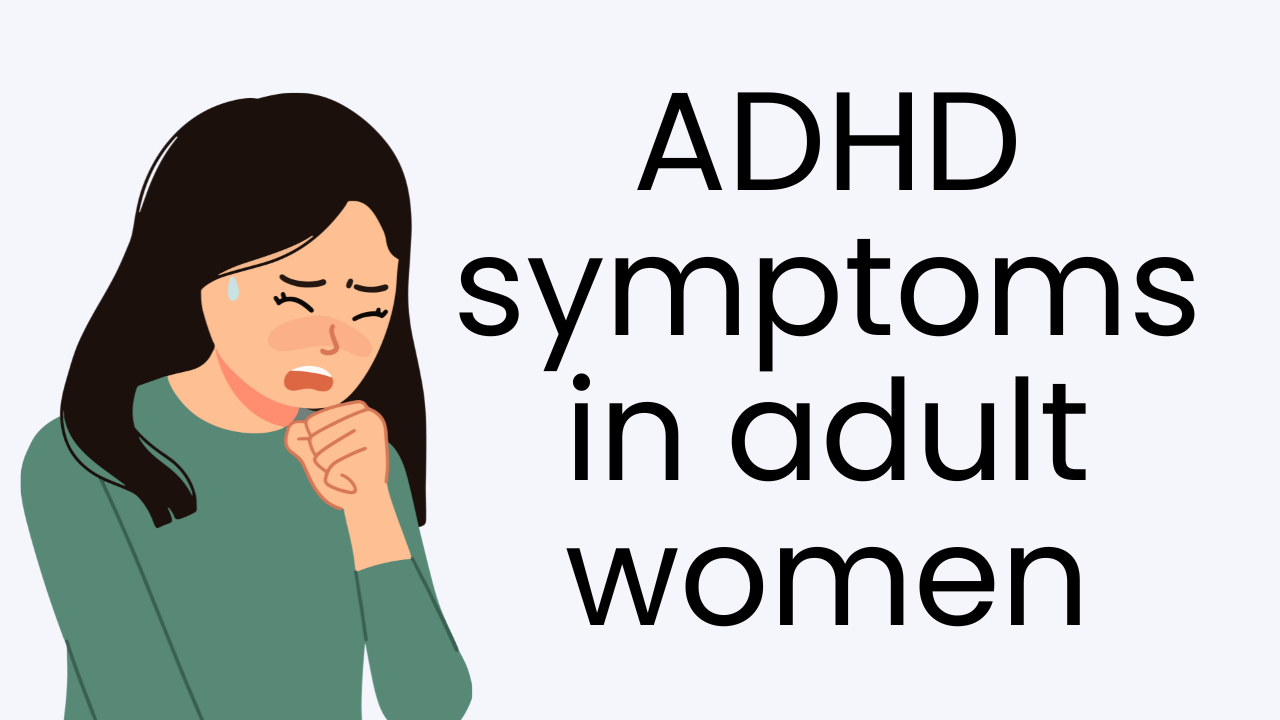Over The Counter Anxiety Medication
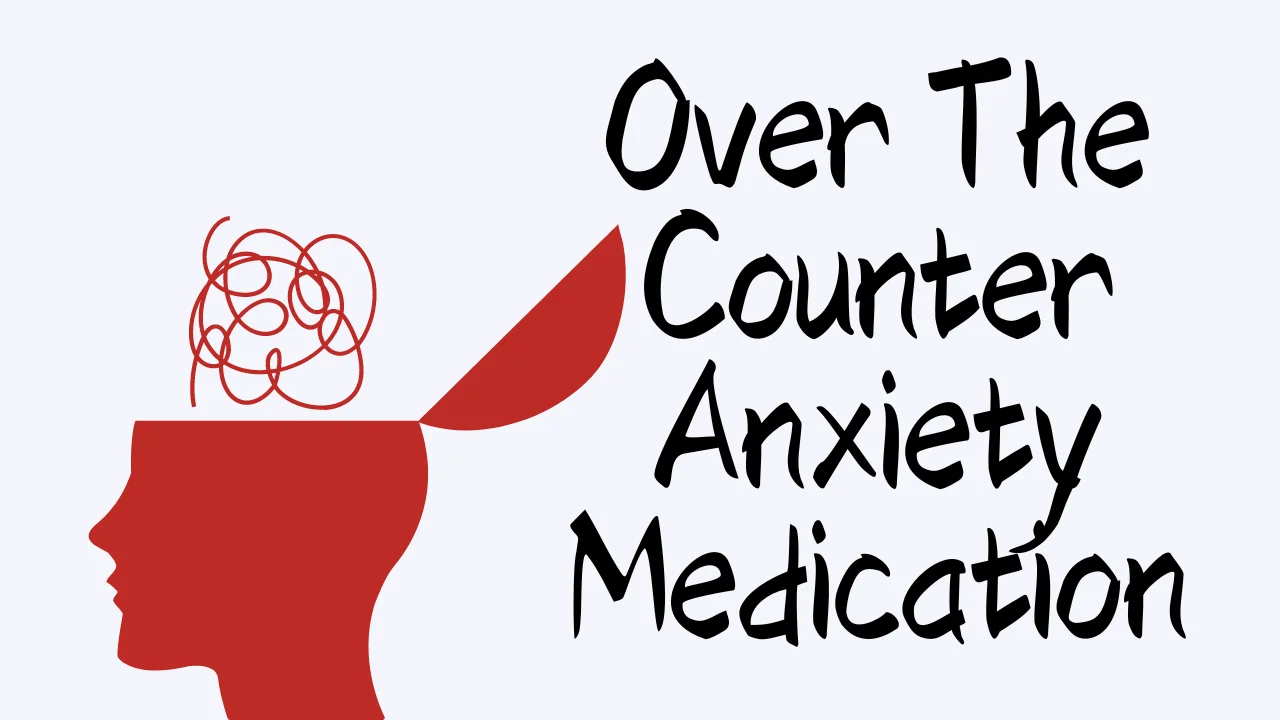
Anxiety is a common mental health issue that can have a significant impact on daily life. Many individuals turn to over-the-counter anxiety medications as a convenient and cost-effective solution.
In this article, we will explore the different types of over-the-counter anxiety medications, their common ingredients, benefits, risks, and the most common options available.
We will also provide tips on how to choose the right medication for your individual needs. So, sit back, relax, and let's dive into the world of over-the-counter anxiety medications.
What Is Anxiety?
Anxiety is a natural response to stress, signaling potential threats and prompting the body to prepare for action.

It plays a crucial role in stress management by alerting individuals to potential sources of stress and motivating them to address these challenges. Embracing anxiety as a tool for stress relief can lead to improved mental wellness and emotional stability.
By acknowledging and understanding the underlying reasons for anxiety, individuals can work towards enhancing their coping mechanisms and achieving a greater sense of balance in their lives. Properly managed anxiety can contribute positively to mental health by promoting self-awareness, resilience, and overall psychological well-being.
What Are The Different Types Of Anxiety?
Anxiety manifests in various forms, including generalized anxiety disorder, panic attacks, social anxiety, and specific phobias, each characterized by distinct symptoms and triggers.
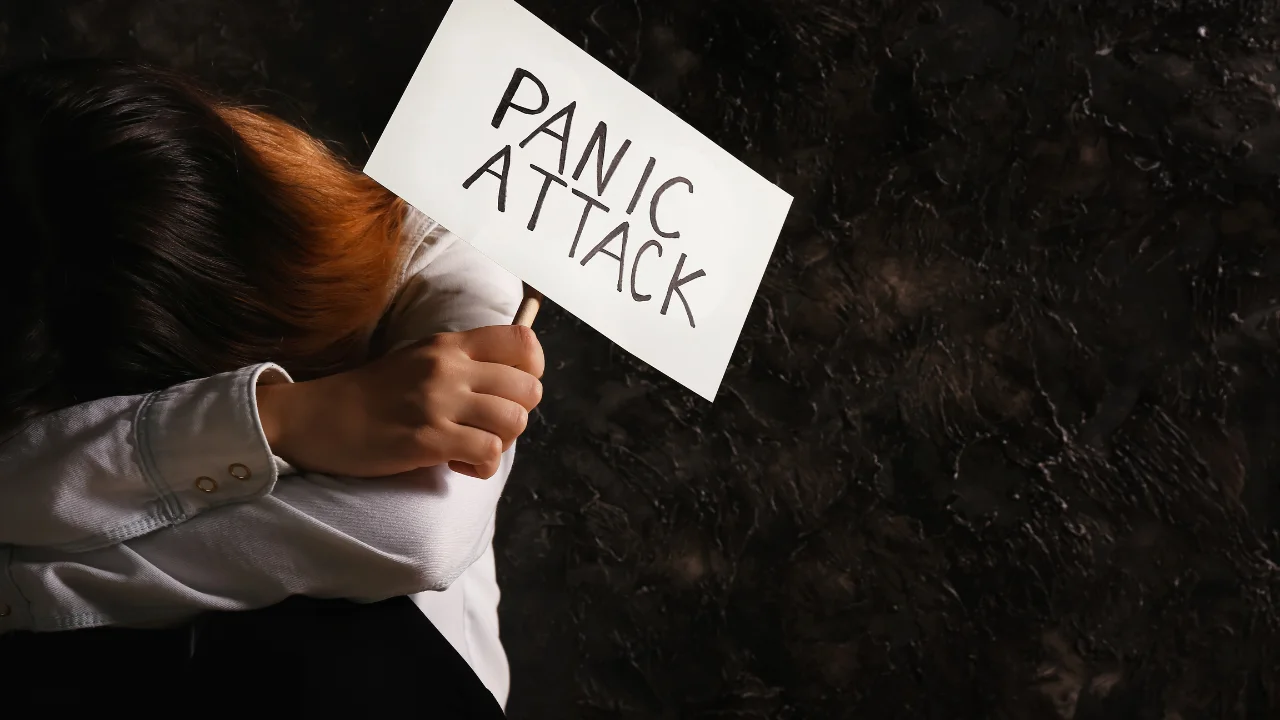
Generalized anxiety disorder is marked by excessive worrying about various aspects of life, often accompanied by restlessness and difficulty concentrating.
Panic attacks involve sudden and intense feelings of fear or distress, leading to physical symptoms like a rapid heart rate and sweating.
Social anxiety revolves around overwhelming self-consciousness in social situations, causing significant distress.
Specific phobias entail irrational fears of specific objects or situations, such as heights or spiders.
These anxiety disorders are prevalent worldwide, affecting millions of individuals and significantly impacting their daily lives.
What Are Over The Counter Anxiety Medications?
Over the counter anxiety medications, also known as OTC anxiety medication, are non-prescription products designed to provide relief from anxiety symptoms and promote emotional well-being.

These medications typically contain ingredients like botanical extracts, vitamins, and minerals known for their calming and stress-relieving properties. By combining these herbal remedies, OTC anxiety medications can help individuals manage their anxiety levels and improve overall mental health. They play a crucial role in anxiety treatment by offering a convenient and accessible option for those experiencing mild to moderate anxiety symptoms.
OTC anxiety medications are often preferred by individuals seeking natural alternatives to prescription medications, emphasizing a holistic approach to anxiety management.
What Are The Common Ingredients In Over The Counter Anxiety Medications?
Over-the-counter (OTC) anxiety medications often contain a variety of natural ingredients, some of which have been used for centuries in traditional medicine practices to promote relaxation and alleviate symptoms of anxiety. While the efficacy of these ingredients may vary, and more research is still needed to fully understand their mechanisms of action, they are generally considered safer than prescription medications when used as directed.
One of the most common ingredients found in OTC anxiety remedies is kava kava, derived from the Piper methysticum plant native to the Pacific Islands. The active compounds in kava kava, known as kavalactones, are believed to have anxiolytic (anti-anxiety) properties. However, it's essential to exercise caution when using kava kava supplements, as product quality and dosing can vary, and there have been reports of liver damage associated with certain formulations and doses.
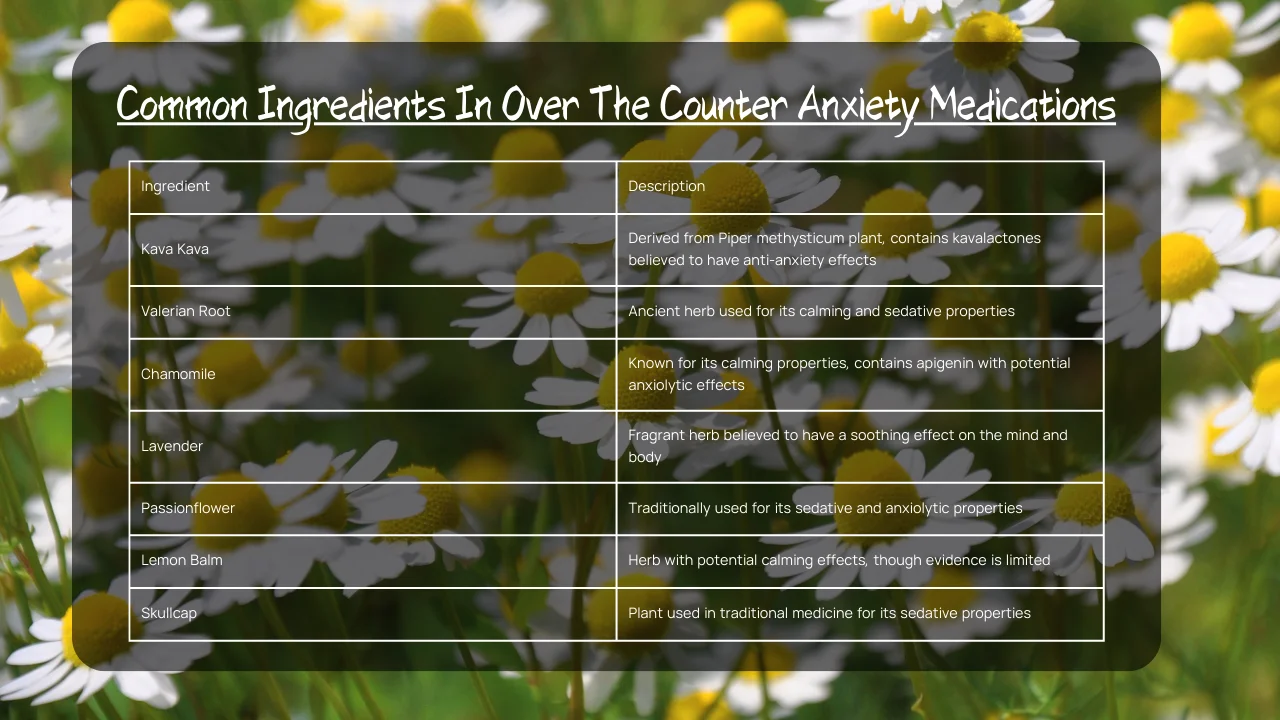
Valerian root (Valeriana officinalis) is another widely used ingredient in OTC anxiety medications. This herb has a long history of use as a natural sedative and anxiolytic, dating back to ancient Greek physicians. While some studies have shown benefits in treating anxiety with valerian root, the results have been mixed, and it has been associated with serious side effects, including liver damage and withdrawal symptoms upon abrupt discontinuation.
Chamomile, known for its calming properties, is often found in teas and supplements marketed for anxiety relief. The active compounds in chamomile, such as apigenin, are believed to have mild sedative and anti-inflammatory effects, which may contribute to its anxiolytic properties.
Lavender, another popular ingredient in OTC anxiety remedies, is believed to have a soothing effect on the mind and body, potentially reducing anxiety levels. The fragrance of lavender has been shown to have a calming influence, and its essential oil is commonly used in aromatherapy for relaxation.
Additionally, some OTC anxiety medications may contain herbs like passionflower, lemon balm, or skullcap, which have been traditionally used for their sedative and anxiolytic properties, although scientific evidence supporting their efficacy is still limited.
It's important to note that while these natural ingredients may offer potential benefits for managing mild anxiety symptoms, they are not regulated to the same extent as prescription medications, and their safety and effectiveness are not subject to the same level of scrutiny. It is crucial to consult with a healthcare professional before taking any OTC anxiety medication, as they may interact with prescribed medications or exacerbate underlying medical conditions.
What Are The Differences Between Prescription And Over The Counter Anxiety Medications?
The main distinctions between prescription and over the counter anxiety medications lie in their regulatory status, active ingredients, and accessibility to consumers.
Prescription anxiety medications typically require a doctor's approval to obtain, as they are considered to have a higher potential for misuse or dependence compared to OTC options. These medications often contain potent ingredients such as benzodiazepines and selective serotonin reuptake inhibitors (SSRIs), which are carefully regulated due to their effects on the central nervous system.
On the other hand, OTC anxiety medications commonly include natural ingredients like herbal extracts, vitamins, and minerals, making them more readily available for purchase without a prescription and often perceived as milder in their actions.
What Are The Benefits Of Over The Counter Anxiety Medications?
Over the counter anxiety medications offer benefits such as easy accessibility, cost-effectiveness, and fewer side effects compared to prescription medications, contributing to effective anxiety relief and stress management.
These OTC medications play a crucial role in promoting emotional well-being by helping individuals achieve relaxation and mental clarity. By providing a more holistic approach to anxiety treatment, they empower individuals to take charge of their mental health and well-being.
The convenience of purchasing these medications without a prescription means that individuals can address their anxiety symptoms promptly, without the need for extensive medical consultations. This accessibility and affordability make OTC anxiety medications a valuable tool for those seeking relief from everyday stress and anxiety.
Easily Accessible
One of the key benefits of over the counter anxiety medications is their easy accessibility, allowing individuals to obtain relief without the need for a prescription or medical consultation.
This accessibility is particularly beneficial for those who may find it challenging to schedule appointments or navigate the healthcare system. By providing a quick and direct pathway to relief, OTC anxiety medications promote self-care and wellness practices.
Having these options readily available empowers individuals to take proactive steps in managing their stress and anxiety, fostering a sense of control over their mental well-being. Incorporating OTC anxiety medications into one's self-care routine can complement other wellness activities, such as mindfulness exercises, therapy, and healthy lifestyle habits.
Less Expensive
Another advantage of over the counter anxiety medications is their cost-effectiveness, making them a more affordable option for individuals seeking anxiety relief without incurring high medical expenses.
By opting for OTC anxiety medications, individuals can effectively manage their stress levels and improve mental resilience without breaking the bank. Compared to prescription drugs, which can be significantly more expensive due to doctor visits and insurance co-pays, OTC options offer a budget-friendly alternative. This affordability factor not only promotes better access to treatment but also encourages regular use, leading to sustained stress reduction and enhanced overall well-being.
Fewer Side Effects
Over the counter anxiety medications are often associated with fewer side effects compared to prescription medications, offering a safer and milder alternative for managing anxiety symptoms.
These OTC medications are designed to provide relief from mild to moderate anxiety without the potency of prescription drugs, making them a preferred choice for individuals seeking a gentler approach to alleviating their symptoms. Their safety profile often results in minimal risk of adverse reactions, making them more accessible to a wider range of individuals who may be hesitant to try stronger medications.
By promoting emotional stability and mental wellness through their calming effects, these OTC anxiety medications offer a promising solution for those looking to manage their anxiety in a more subtle yet effective manner.
What Are The Risks Of Using Over The Counter Anxiety Medications?
While over the counter anxiety medications provide accessible relief, they also pose risks such as drug interactions, potential abuse, and limited effectiveness in severe cases of anxiety.
It's important to consider the potential for interactions with other medications when using OTC anxiety treatments. Mixing these medications with certain prescription drugs or even herbal supplements can lead to adverse effects or diminish their effectiveness.
The abuse potential of some OTC anxiety medications can be concerning, as individuals may misuse them to cope with stress or escape reality. For long-term anxiety prevention and management, it's essential to explore coping strategies like therapy, mindfulness practices, and lifestyle changes alongside medication use.
Drug Interactions
One of the risks of using over the counter anxiety medications is the possibility of drug interactions, which can lead to complications or reduced effectiveness of either the OTC medication or other drugs.
These interactions can have significant consequences on mental clarity and emotional health. Mixing OTC anxiety medications with certain prescription drugs or even other over-the-counter remedies can result in adverse reactions.
This interference can disrupt the intended therapeutic effects of the medications, potentially exacerbating anxiety symptoms or causing unexpected side effects. It is crucial to be cautious and informed about potential interactions to safeguard your well-being and ensure that your treatment plan supports your overall wellness.
Potential for Abuse
Over the counter anxiety medications, if not used as directed, can have a potential for abuse or misuse, leading to dependency, tolerance, or adverse effects on mental health.
It is crucial to understand that while these medications can provide temporary relief for symptoms of anxiety, they should be taken with caution and under the guidance of a healthcare professional. Responsible use of OTC anxiety medications involves following the recommended dosage and not exceeding the prescribed limit. It's also vital to be aware of the potential risks and side effects associated with these medications, such as drowsiness or cognitive impairment.
Seeking mental health resources and maintaining emotional wellness are essential components of managing anxiety effectively and safely.
Limited Effectiveness
In certain cases of severe anxiety or specific mental health conditions, over-the-counter anxiety medications may have limited effectiveness, requiring professional guidance and alternative treatment approaches.
It is crucial to raise awareness about the limitations of OTC anxiety medications in addressing severe anxiety disorders. While these medications can offer temporary relief for mild to moderate anxiety symptoms, they may not provide sufficient support for individuals dealing with more complex or severe forms of anxiety.
This underscores the importance of adopting a holistic approach to anxiety management, which involves integrating various therapeutic techniques, lifestyle modifications, and mental health support to address the root causes of anxiety and promote overall well-being.
What Are The Most Common Over The Counter Anxiety Medications?
Several common over the counter anxiety medications include Valerian Root, Passionflower, Kava, L-theanine, and Chamomile, known for their calming and anxiety-relieving properties derived from natural sources.
These herbal supplements are popular choices for individuals seeking natural remedies to support mental well-being.
- Valerian Root is believed to enhance GABA levels in the brain, promoting relaxation.
- Passionflower works by increasing levels of a chemical called gamma-aminobutyric acid (GABA) in the brain, which helps reduce anxiety.
- Kava's active compounds act on neurotransmitters that influence mood, offering a sense of tranquility.
- L-theanine, found in green tea, promotes relaxation without sedation.
- Chamomile soothes nerves and aids in sleep.
These supplements can play a vital role in restoring emotional balance and reducing stress.
Valerian Root
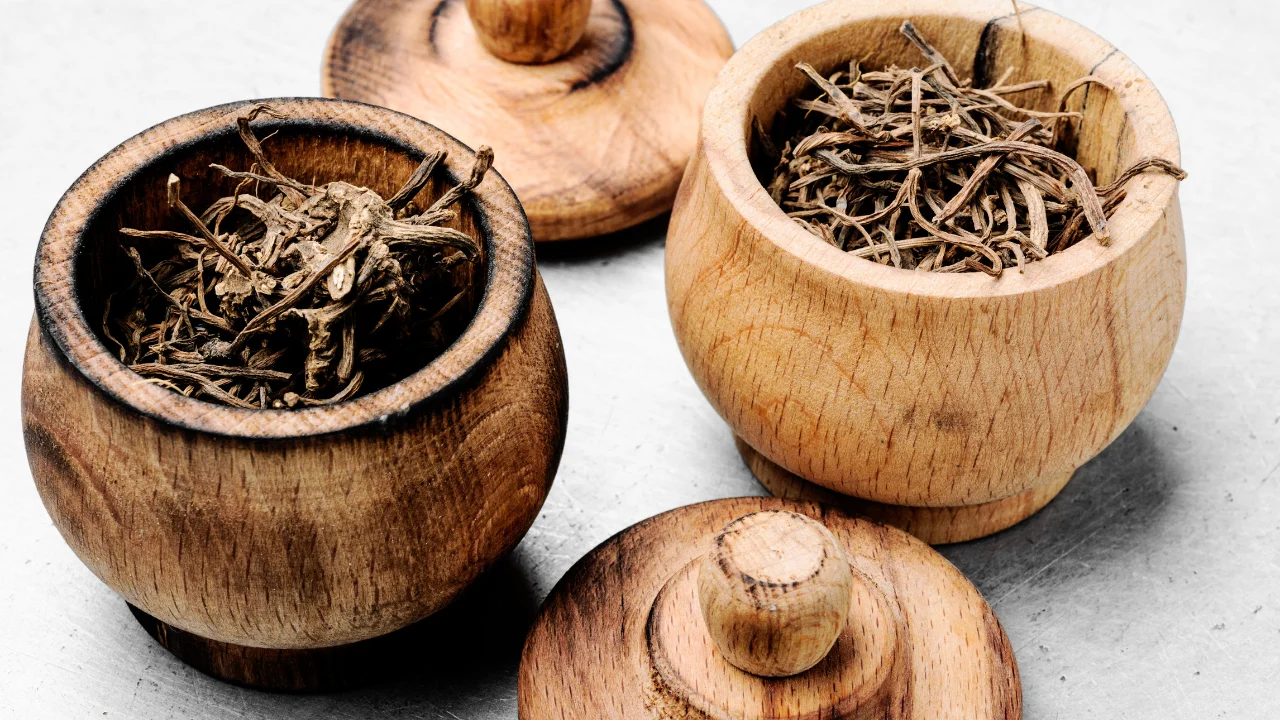
Valerian Root is a widely used herbal supplement in over the counter anxiety medications, known for its calming properties that promote relaxation and reduce anxiety symptoms.
Its effectiveness in inducing tranquility and aiding in stress reduction has made it a popular choice for those seeking natural remedies to support their mental wellness. Many individuals turn to Valerian Root as a gentle alternative to pharmaceutical options, appreciating its ability to soothe both the mind and body without harsh side effects.
By helping to quiet racing thoughts and promote a sense of calm, Valerian Root can contribute to improved sleep quality and overall well-being.
Passionflower

Passionflower is recognized for its anxiety-relieving properties and is commonly included in over-the-counter anxiety medications as a natural remedy to promote calmness and emotional stability.
Its effectiveness in reducing stress and promoting emotional resilience is attributed to its ability to increase gamma-aminobutyric acid (GABA) levels in the brain.
GABA is a neurotransmitter that helps to inhibit overactivity in the nervous system, leading to a sense of relaxation and tranquility. By modulating GABA receptors, Passionflower induces a soothing effect on the mind and body, which can aid in managing symptoms of anxiety and enhancing overall emotional well-being. Incorporating Passionflower into one's daily routine may provide a natural and gentle approach to alleviating stress and fostering emotional balance.
Kava
Kava, a traditional herb with anxiety-relieving properties, is favored for its ability to provide anxiety support and induce relaxation in individuals seeking natural alternatives for stress management.
This herbal remedy, originating from the Pacific Islands, has been cherished for centuries for its calming effects on the mind and body. Through its active compounds, kavalactones, Kava is believed to help reduce symptoms of anxiety and promote emotional well-being. Many users report feelings of tranquility and reduced stress after consuming Kava-infused beverages or supplements.
With its potential to support emotional stability, Kava is increasingly becoming popular as a natural remedy for managing stress and fostering a sense of relaxation in today's fast-paced world.
L-theanine
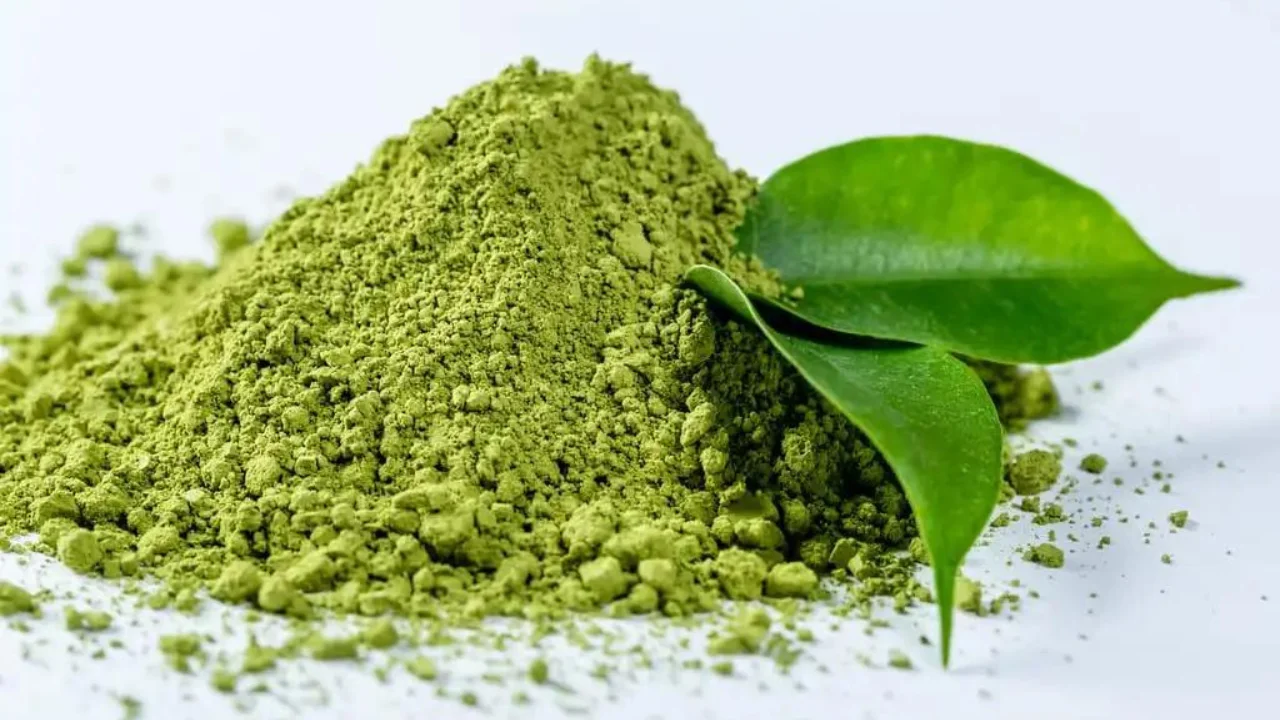
L-theanine, an amino acid found in tea leaves, is known for its stress-relieving properties and cognitive function enhancement, making it a popular ingredient in over-the-counter anxiety medications.
Studies have shown that L-theanine can help improve mental clarity and focus, reduce feelings of anxiety, and promote a sense of relaxation without causing drowsiness. As a mood stabilizer, it works by modulating neurotransmitters in the brain, such as serotonin and dopamine, which play key roles in regulating mood and emotional health.
L-theanine is also believed to support cognitive health by promoting alpha brain waves, which are associated with increased attention and creativity. These combined benefits make it a valuable component in formulations focused on promoting overall well-being.
Chamomile
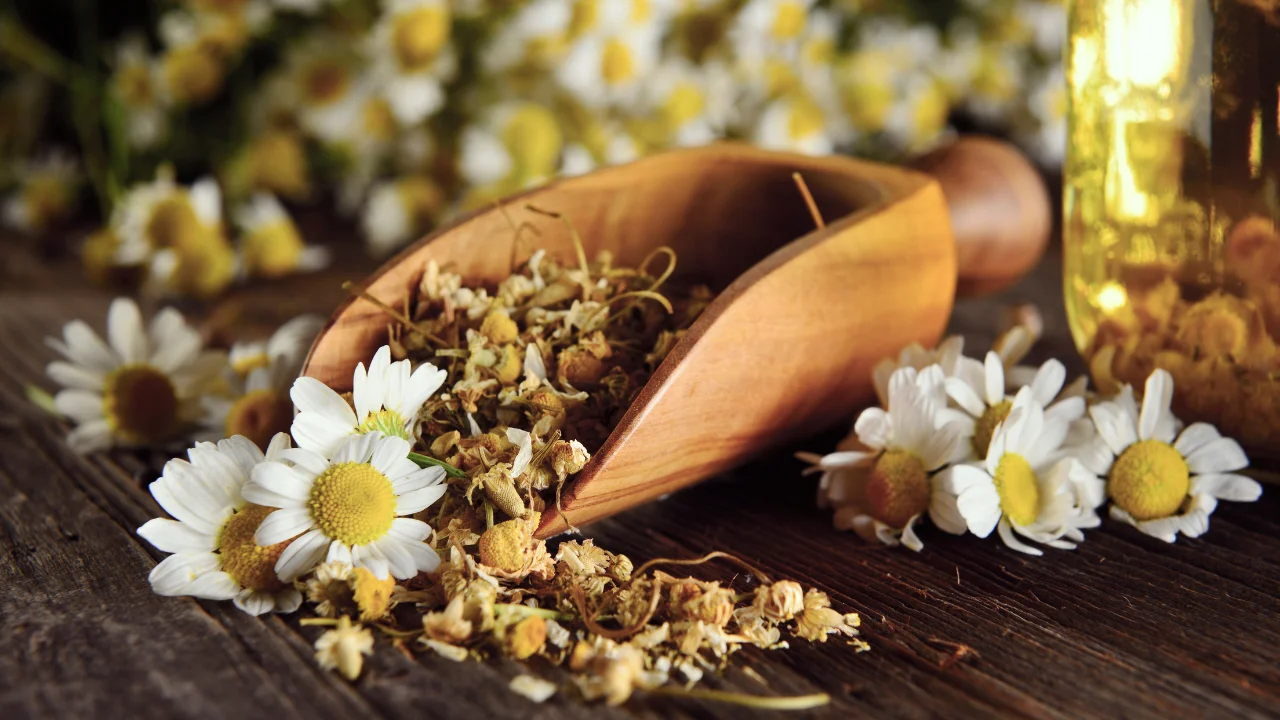
Chamomile, a gentle herb with relaxation properties, is often used for its calming effects and sleep aid benefits in over the counter anxiety medications, promoting tranquility and supporting holistic healing.
Due to its natural healing properties, chamomile is widely recognized for its ability to relax the mind and body, making it a popular choice for those seeking natural relaxation techniques.
By helping to reduce stress and anxiety, chamomile plays a key role in promoting calmness and enhancing overall well-being. Incorporating chamomile into your bedtime routine can not only aid in falling asleep faster but also improve the quality of your sleep, leaving you feeling refreshed and rejuvenated the next day.
How To Choose The Right Over The Counter Anxiety Medication?
Selecting the appropriate over the counter anxiety medication involves considerations such as consulting with a healthcare provider, researching ingredients, and aligning personal needs and preferences with the product's benefits.
It is crucial to prioritize your emotional balance when choosing an OTC anxiety medication. Understanding your coping mechanisms and mental resilience can also guide you towards the most suitable option for your individual needs.
By seeking medical advice, you can receive professional input on the effectiveness and potential side effects of different products. Researching ingredients will enable you to make informed decisions, ensuring that the medication aligns with your preferences and complements your overall wellness goals.
Consult With A Doctor
Before selecting an over the counter anxiety medication, it is advisable to consult with a healthcare provider or doctor to assess individual needs, potential interactions, and overall suitability of the product.
Professional advice plays a vital role in ensuring that the chosen medication aligns with your specific health conditions and requirements. Through medical consultations, you can receive personalized recommendations tailored to your unique situation, taking into account factors such as existing medications, allergies, and lifestyle choices.
This personalized approach not only enhances the effectiveness of the treatment but also promotes mindful living and overall well-being. Safety considerations, such as proper dosage, potential side effects, and duration of use, are crucial aspects that healthcare providers can guide you on, helping you make informed decisions for your mental health.
Read Reviews And Research Ingredients
Researching the ingredients and reading user reviews can aid in selecting the most suitable over-the-counter anxiety medication based on individual preferences, effectiveness, and potential benefits.
By delving deeper into the components of these medications, one can better understand how they may contribute to mental clarity and emotional wellness.
Analyzing user feedback offers valuable insights into real-life experiences, helping guide the decision-making process.
Transparency in ingredients not only fosters trust but also enables individuals to make informed choices aligning with their specific needs.
Taking the time to conduct thorough ingredient research and review analysis empowers individuals to prioritize their well-being and find a solution that promotes overall emotional stability.
Consider Personal Needs And Preferences
When choosing an over the counter anxiety medication, it is essential to consider personal needs, lifestyle preferences, and desired effects to ensure the selected product aligns with individual goals and well-being.
By prioritizing self-care practices and exploring coping strategies, individuals can empower themselves to make informed decisions regarding anxiety solutions.
Tailored choices that take into account emotional well-being considerations can lead to a more holistic approach in managing anxiety symptoms.
Understanding the importance of addressing both the physical and emotional aspects of anxiety can help individuals navigate the vast array of OTC options available, promoting a sense of control and empowerment in their mental health journeys.

